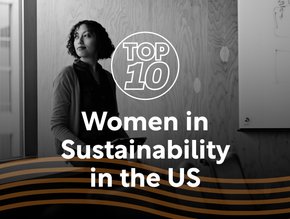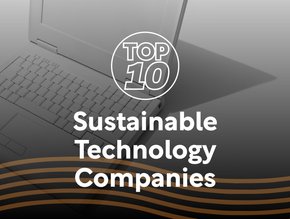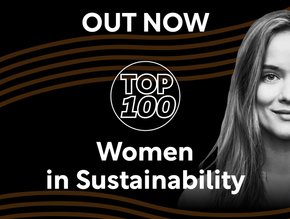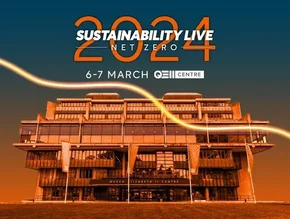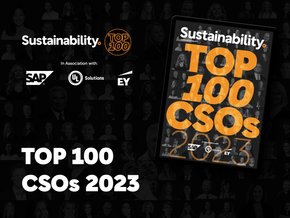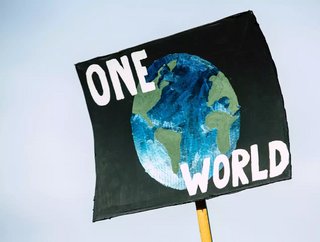
Global warming is the term used to describe the gradual rise in the Earth's average surface temperature. This increase is mostly due to human activity.
Earth's temperatures are rising. This is because greenhouse gases can absorb solar heat and stop it from escaping into space.
Rising sea levels, melting glaciers, and more frequent and severe weather events are some of the effects of this phenomenon. Changes in ecosystems and reduced agricultural production are also consequences. These effects have an impact on the environment and human societies.
Here are the most updated 10 causes of global warming that are contributing to the climate crisis.
Overfishing

The globe currently heavily depends on the fish business because fish is one of the primary sources of protein for humans. There is currently less marine life since fewer people are buying and eating fish. Overfishing has also caused a lack of diversity within the water.
Marine ecosystems are facing a huge problem: overfishing. This happens when too many fish are taken from the ocean, more than can be replaced naturally.
Industrialization
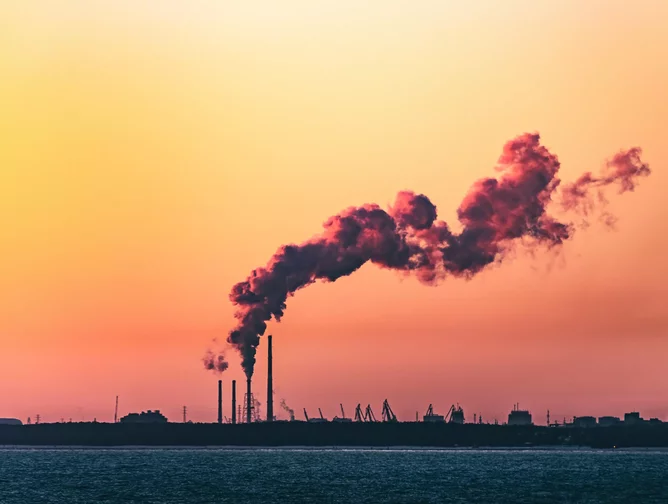
The pollution brought on by industry is referred to as industrial pollution. The industrial revolution brought about increased industrialization and technological advancement. This, however, caused significant pollution of our planet's air, land, and water.
Pollution from industry is one of the worst types. This is because the smoke released into the air contributes to ozone depletion. It also affects the health of animals and humans, as well as global warming.
Agriculture
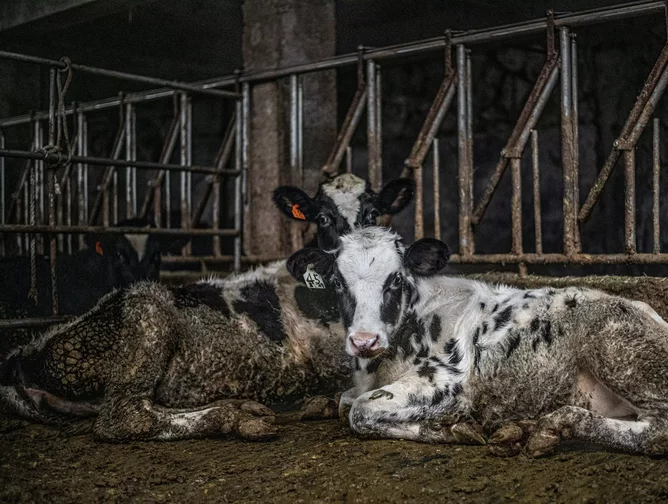
Agriculture makes up around 11% of greenhouse gas emissions. These greenhouse gas emissions from agriculture come from livestock such as cows, agricultural soils, and rice production. Since farming requires a lot of green lands, local ecosystems may be destroyed to make room for it.
These creatures emit a significant amount of trash in addition to numerous greenhouse gases, such as methane. Because it generates more pollution and can house more animals, factory farming contributes to even more climatic problems.
Manufacturing Goods
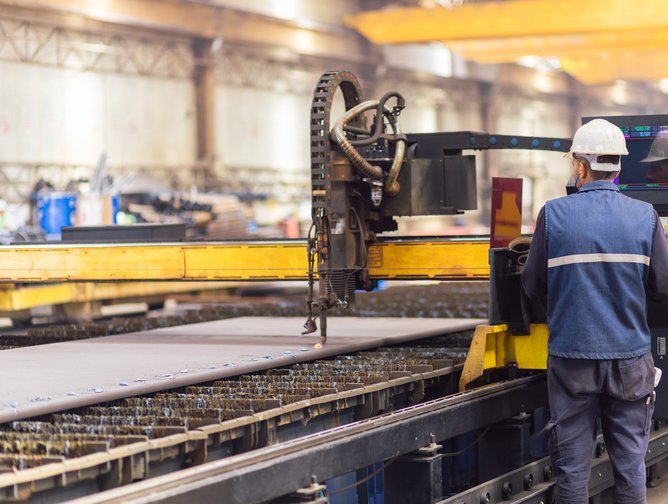
Manufacturing and industry produce emissions mainly from burning fossil fuels. This energy is used to make items such as cement, iron, steel, electronics, plastics, clothes, and other goods.
Due to the innovations in technology and manufacturing customers are able to purchase any product at any time. This means we are producing more and more products every year, and overproducing them. Most of the items we buy are not very sustainable. Electronics and clothing have a reduced lifetime which leads to more waste than ever.
Transport and Vehicles
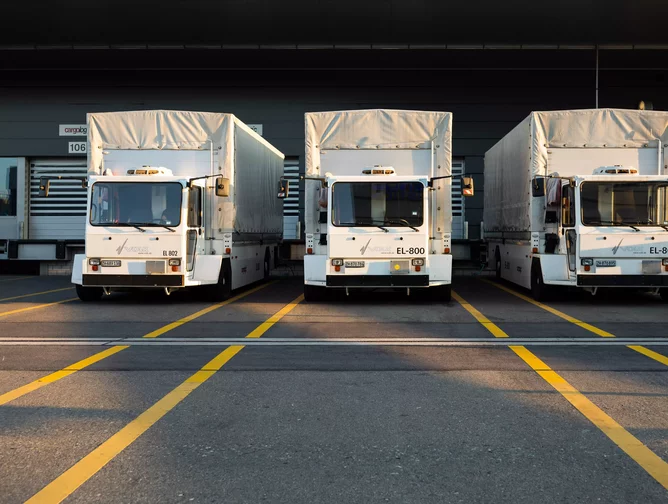
Transportation is typically done with cars, planes, boats, and trains. Nearly all of these forms of transport depend on fossil fuels for operation. Burning fossil fuels releases carbon and other types of pollutants into the atmosphere.
Transportation contributes to global carbon-dioxide emissions. It accounts for nearly one-quarter of all energy-related emissions. This makes transportation partly responsible for greenhouse gases. And trends point to a significant increase in energy use for transport over the coming years.
This effect could be reduced with the introduction of electric vehicles.
Generating Power
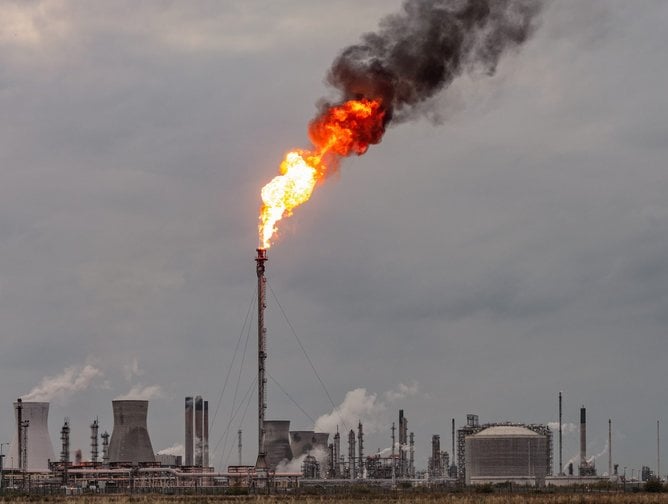
The process of generating electricity and heat by burning fossil fuels contributes significantly to global emissions.
Coal, oil, and gases are the primary sources of electricity production. Their combustion releases potent greenhouse gases, such as carbon dioxide and nitrous oxide. These gases accumulate in the atmosphere, trapping heat from the sun and leading to global warming.
The use of fossil fuels is a threat to wildlife and their habitats. It can cause toxicity, leading to the death of plant life and making areas uninhabitable.
Currently, renewable energy sources such as wind and solar power make up slightly over a quarter of global electricity production. Unlike fossil fuels, renewable energy sources emit little to no greenhouse gases or pollutants. This makes them a cleaner option. They are also more sustainable for the future.
Consuming too much

Our decisions at home affect the environment. This includes how we get around, what power sources we use, and our diets. The things we buy, such as clothes, electronics and plastics, also add to greenhouse gas emissions.
It’s been found that Impact varies, depending on income level. There is at least a 10-fold difference in carbon footprint between low- and high-income households. It's critical for consumers to comprehend the link between their choices and how those choices affect the environment.
Waste
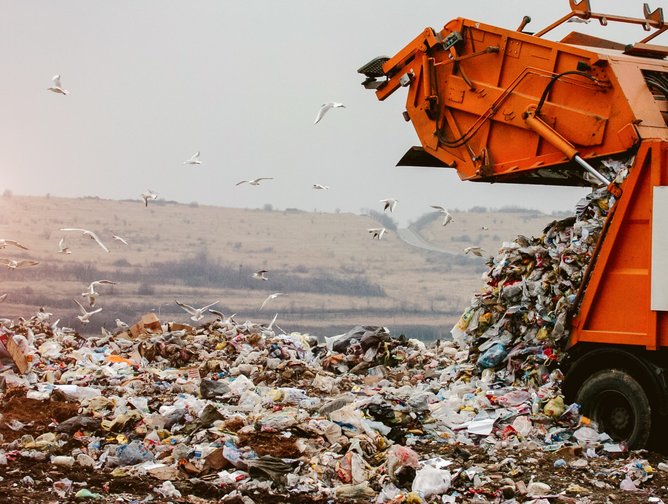
Humans are creating more waste than ever before. This is due to the extensive use of packaging and the short life cycle of products.
The majority of items, waste and packaging aren't recyclable, which means it ends up in landfills. Waste in landfills decomposes, releasing harmful gases into the atmosphere. These gases contribute to global warming.
Deforestation
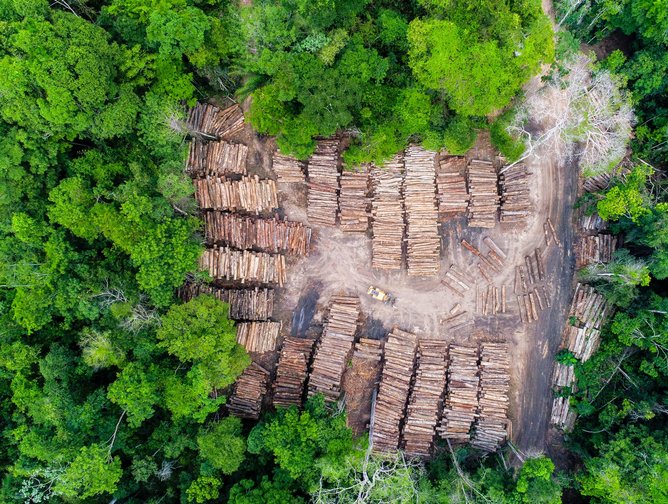
Deforestation is the clearing of woodland and forest. This is often done to extract wood or to make space for farming or ranching.
Deforestation contributes to global greenhouse gas emissions. It is responsible for approximately 25% of them. This, combined with land use changes and agriculture, makes it a considerable factor in climate change.
Forests and trees are essential for absorbing carbon dioxide and creating oxygen. When they are destroyed, the stored carbon is released into the atmosphere.
Natural deforestation happens often. It is usually caused by wildfires. These fires can have a bigger effect on the environment because of the fumes they release.
Producing Food
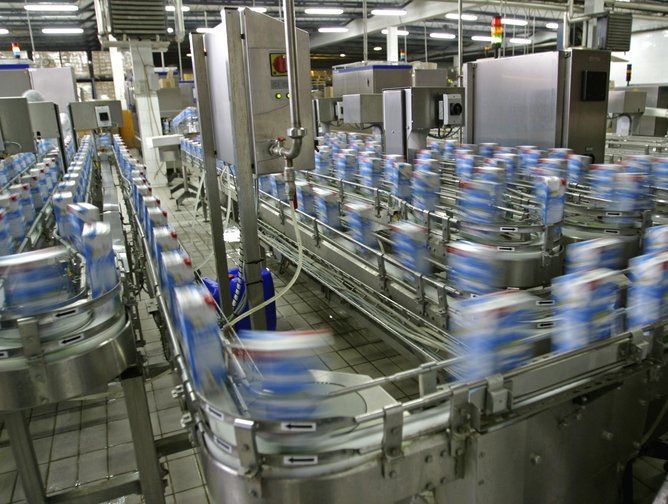
Producing food causes emissions of carbon dioxide, methane, and other greenhouse gases in various ways.
Many factors affect the environmental impact of the food we buy and eat. As mentioned above these include the farming methods, where food is grown, the use of pesticides and fertilizers, and what is fed to our livestock.
All this makes food production a major contributor to climate change. And greenhouse gas emissions also come from packaging and distributing food.
With the rising interest in global issues, like human rights activism and climate change action, more people are turning to podcasts as a quick and easy source of information. Here, we explore our top 10 podcasts that will help you understand the topic of sustainability a bit better.

